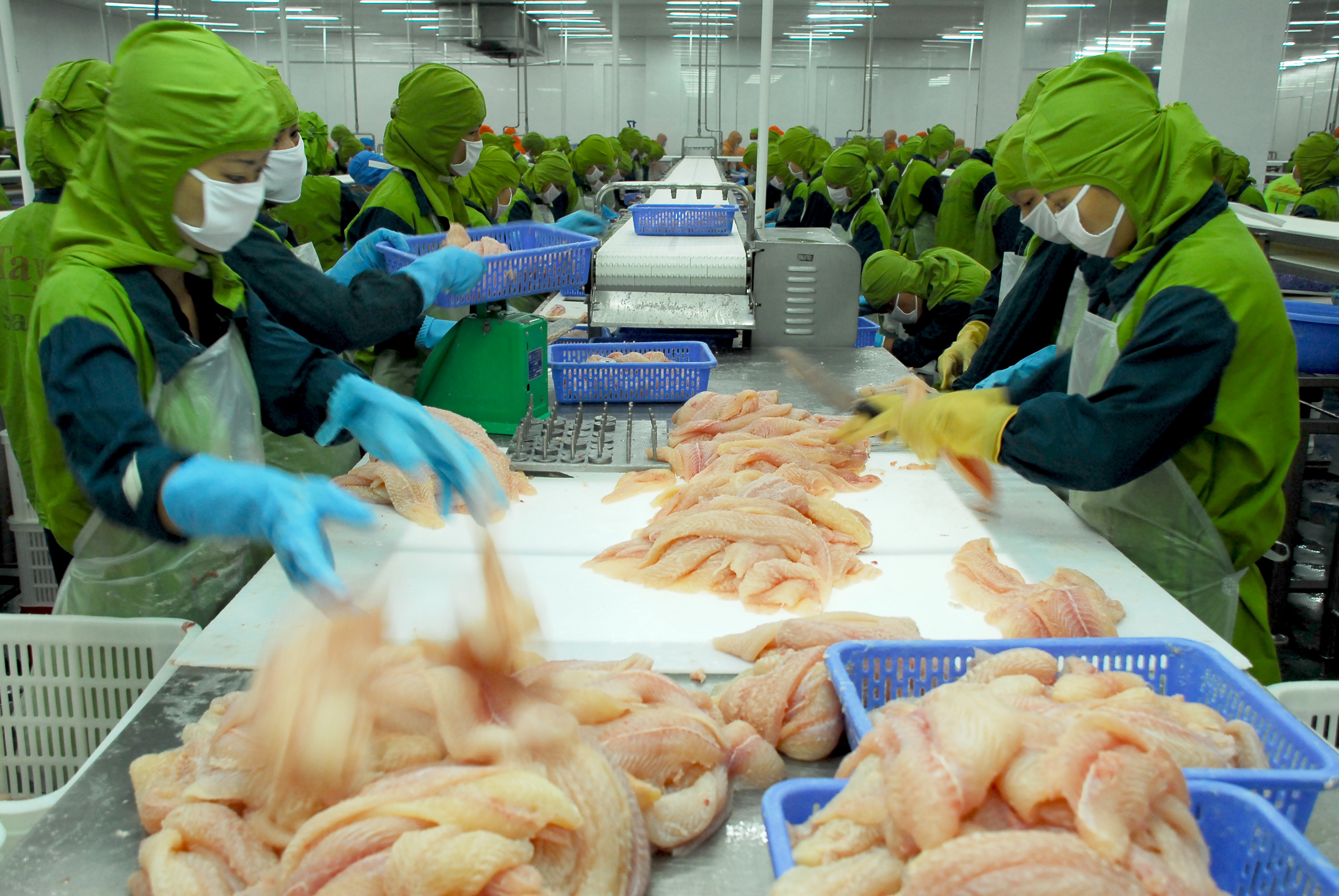Six key industries of Vietnam will receive more Japanese funding for development within the framework of the Vietnam – Japan cooperation program.
According to the newly signed program, the Japanese Government has pledged to invest in six key industrial sectors, including consumer electrics/electronics, food processing, shipbuilding, agricultural machinery, environment and energy conservation and automobile/spare part manufacturing.
The chosen sectors are under Vietnam's industrialization strategy within their cooperation program with Japan, said Nguyen Thi Tue Anh, Head of the Business Environment and Competitiveness Division under the Central Institute for Economic Management (CIEM).
A variety of supporting industries serving for the six key industries would also be considered for financial assistance, said Anh, the author of the draft strategy on Vietnam’s industrialization.
However, the financial supports could not cover all the local enterprises operating in the six key industries, she added.
The two sides, relevant Vietnamese and Japanese state agencies, are drawing up the action plans for the related industrial sectors. “They would choose 2-3 branches which can most satisfy the requirements set up by the both sides,” newswire Vietnamnet quoted Anh as saying.
The two sides have also set up a supervisory system for the joint program which includes plans for the establishment of two specialized industrial zones in the northern and the southern regions for Japanese investors.
Among the six industries, food processing, agriculture machinery and shipbuilding are the three sectors with the biggest advantages, but still yet lived up to their potentials.
Meanwhile, electronics and automobile manufacturing, though having seen rapid growth in recent years, are still at the stage of assembling due to the foot-dragging development of supporting industries.
The environment and energy industry, the new kid on the block, is considered to play a very important role in the country’s modernization and industrialization stage with huge chunks of energy saving products to be manufactured.
“The expansion of the industries in the time to come should be associated with the efforts to increase the added value of the products, which would need the government’s support through the industry policies,” Anh told Vietnamnet.
The program, focusing on six key industries, is tailored to enhance the competitiveness of Vietnamese enterprises when the tariff barrier in the ASEAN Free Trade Area (AFTA), and other free trade agreements, is lifted by 2018 and 2020, respectively.
The six sectors were chosen from a group of 39, all with long-term growth potential.
Hirohoko Sekiya, chief consultant of the Japan Economics Research Institute, told Dau Tu newspaper that Japanese businesses have paid a great deal of attention to four sub-units including seafood, rice, coffee and vegetable processing.
“If Vietnam could improve these products then it would increase its exports sharply. For example, vegetables could be sold in higher quantities to foreign markets if road infrastructure was improved and transport time shortened,” he added.


















































